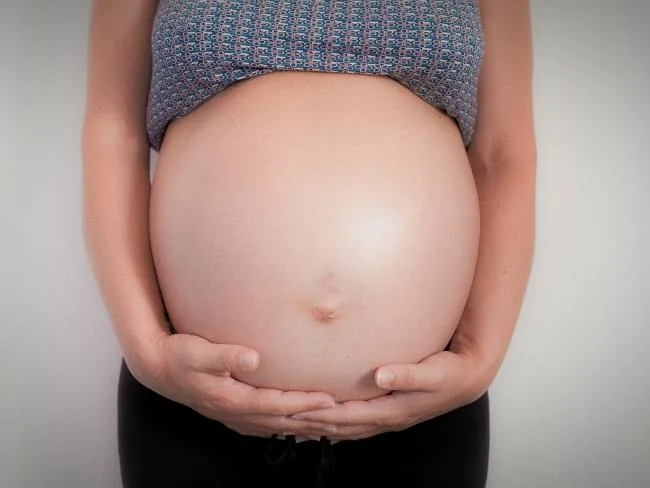At 30 weeks your baby is fully developed. From here on in there’s some fine-tuning taking place in the countdown to your little one’s arrival.
Your baby weighs about 1.31kg after seven months: an increase of 10 times in 11 weeks! Her length is 39.9cm.
Should you go into premature labour, and your baby born premature, your baby would be taken to a special care baby unit, but they would have an extremely good chance of survival at this stage.
Your baby
At this stage your baby’s little lungs are not quite developed enough to support them in the outside world.
From here on in their brain is changing appearance-wise too, it will begin to take grooves and ridges which increase to provide more space for brain tissue to grow and develop. The Lanugo hair will start to disappear as the new brain cells and fat help to regulate the body temperature for the remaining weeks in the womb.
Her digestive tract is now almost fully developed and will soon be ready for mouth feeding after birth.
There’s around a litre of amniotic fluid surrounding the baby, but this will decrease as she continues to grow into the final weeks and it’s likely that if they aren’t already your baby will begin to move head downward and into the ‘engaged’ position.

You’re on the final stretch!
(Image: Getty Images)Your body
At 30 weeks pregnant, here’s what will likely be going on with you:
From now until the end of your pregnancy you only need 300 calories a day more than before you were pregnant.
The food you eat now travels more slowly through the intestines, to allow for better absorption. This can result in drier stools and constipation and may you leave you with some gas. Drinking lots of water can help.
Your joints become more relaxed and the centre of gravity changes giving you that recognisable pregnancy waddle.
Your kidneys work much harder because they have to filter more blood. Your kidneys also make more urine as you get rid of waste for two.
You are more prone to urinary tract infections in pregnancy. Report any pain, blood or burning to your doctor or midwife.

From now until the end of your pregnancy you only need 300 calories a day more than before you were pregnant.
(Image: Getty Images)Heartburn
By 30 weeks pregnant, heartburn could be keeping you up at night and making you uncomfortable throughout the day.
Some ways to help ease the symptoms of heartburn include:
Eating easily digestible food, avoiding spicy and very rich foods.
Don’t eat too big a meal, smaller more frequent meals will digest easier and could help you avoid a bout of heartburn.
To help the digestion process, it’s also a good idea to have plenty of fluids before, during and after eating.
There are medicines available to help heartburn, but not all are suitable for pregnant women so do always talk to your doctor, midwife or pharmacist before taking them.
WATCH: Setting up your nursery by Bounty. Continues after video …
Migraines
Don’t panic. Statistically around 16 percent of women experience their first ever migraine during their pregnancy.
By the same token, around two-thirds of women who have previously suffered with migraines report an improvement during pregnancy.
To determine if you do have a migraine rather than a more common tension headache you will notice a throbbing pain, typically on one side of the head. A migraine may also give you other symptoms including nausea, vomiting and sensitivity to light and noise.
Your hospital bag
Now’s the time to start thinking about getting organised for when you go into labour.

